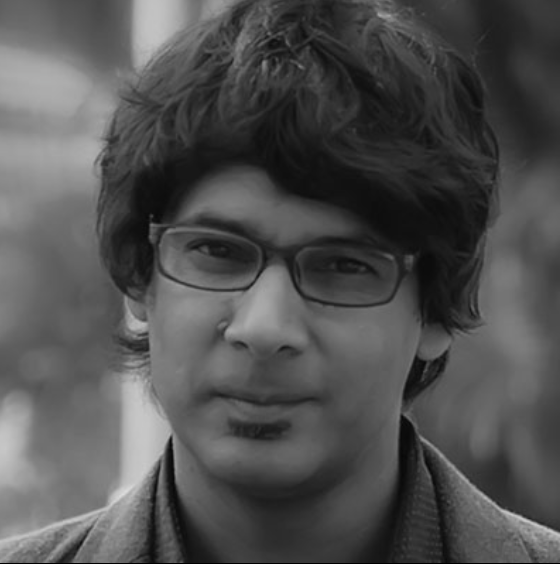
VISHAL ARORA
Storytelling Coach, Text Editor
I have worked as an independent, roving journalist, covering life and politics in South and Southeast Asia, for more than 20 years. My work has appeared in The Washington Post, Guardian, The Wall Street Journal, The Diplomat, Nikkei Asian Review, Bangkok Post, World Politics Review, and many more media outlets.
I have worked full-time with two media organisations – as a features and political editor at The Caravan magazine in India, and as an editor at Indo-Asian News Service, also in India.
My stint as a journalist began in January 2002, after six years of volunteerism with non-governmental organisations and teaching of the French language.
I have taught video journalism, as a guest faculty, at Indian Institute of Mass Communication, Delhi University, Indraprastha University and Jamia Milia Islamia in Delhi; Banaras Hindu University in Varanasi; Bennett University in Noida; and G.D. Goenka University in Gurgaon. I have also led video journalism training programmes in Bhutan, Nepal, Indonesia and Uganda.
I have also taught at The Poynter Institute for Media Studies in Florida, United States and spoken at international conferences on press freedom in the United Kingdom.
My conversion from hardcore old-school reporter to doing “new journalism” took place after I stumbled upon some books written by script writers from Hollywood. Storytelling, I realised, was meant for journalists as we have access to stories of real people. Reality can be wilder than fiction.
I’ve launched a new genre in journalism, which can loosely be called “cinematic journalism” and can be described as a marriage between journalism and filmmaking.
I live in Delhi and can be contacted at Vishal@Newsreel.Asia.
Commentaries by Vishal Arora
Closer attention to what happened in Nepal suggests that the government did not fall solely because of the Gen Z protests, but because of the chain of events they triggered. It is crucial for Gen Z movements elsewhere to understand the role Nepal’s youth played in the change, so that their hopes are not misplaced and their decisions not misguided. The story also carries lessons for governments around the world.
Two soldiers from the Assam Rifles were killed and five others injured in an ambush by armed attackers on Sept. 19 as their convoy was passing through a crowded area in Manipur’s Bishnupur district, which had recently lost its designation under the Armed Forces Special Powers Act (AFSPA). The incident has exposed serious flaws in how security laws have been withdrawn from conflict-hit parts of the state.
Nepal’s Gen Z recently led nationwide protests sparked by a ban on social media but driven by anger at corruption, nepotism and authoritarianism. The slogan “Nepo Kid” helped mobilise young people to reject inherited privilege and dynastic politics. Now that the government has been overthrown, the movement cannot remain defined only by what it opposes. It must advance a constructive agenda. One way forward is to move from “Nepo Kid” to “Every Kid Matters,” making inclusion a central demand. It is essential because the contrast between elite children and ordinary children will remain hollow unless the inequalities among ordinary children are addressed first.
Nepal has recently toppled its government, the fourth such event since 1950. What matters now is recognising that these recurring storms are not caused by failed politicians alone. They come from a “state” that remains unreformed, no matter who holds power. Nepal can end its cycle of revolutions only by reforming the institutions that have blocked reform, protected the powerful and outlasted every elected government.
A government does not survive by force alone, but by the public’s acceptance that it has the right to use force in the first place. Nepal’s government seemed unaware of this basic principle. The little trust that remained, already hanging by a thread, gave way completely on September 8, when police used brutal violence against young protesters. By the time ambulances began arriving with school and college students bleeding from bullet wounds to their heads and chests, the state’s claim to legitimacy was in free fall.
In Nepal, a Gen Z movement recently brought down the government and demanded that Sushila Karki, a former Chief Justice of the country, be appointed interim Prime Minister. Although the Constitution bars anyone who has held that office from becoming head of government, the state agreed. This agreement demonstrated a core idea in political theory that the people, not the written text, are the true source of authority. It also stands as a warning to governments everywhere.
India is moving closer to Russia and China, stepping away from its partnerships with Western democracies. This new direction weakens its position in global trade, technology and democratic cooperation, pulling India toward authoritarian governments and brings economic punishment and fewer reliable international ties.
China stands as a global giant, with the world’s second largest economy, an expanding military footprint and growing influence in international diplomacy. Yet for all its power, it remains deeply unsettled by a monk living in exile in the Indian Himalayas – the Dalai Lama, who will turn 90 on July 6. The reason lies in what he symbolises and what China has failed to control despite decades of effort.
A 22-year-old law student in Pune has been charged with allegedly offending religious sentiments after making derogatory remarks about Islam and the Prophet Muhammad. Whatever the merits of the case, the incident raises an important question: should the right to free speech include the right to criticise religion—one’s own or someone else’s?
Ten legislators from the National Democratic Alliance (NDA) have reportedly demanded the restoration of a “popular government” in Manipur, citing the support of 44 MLAs and calling for an end to President’s Rule. Their demand comes even as the ground realities in the state—gripped by prolonged ethnic violence since May 3, 2023—remain unchanged. The central constitutional question is whether an elected government can be restored when one section of legislators remains physically and functionally excluded from the legislative process.
The arrest of Ashoka University professor Ali Khan Mahmudabad points to a troubling truth about how law enforcement operates in an increasingly polarised public sphere: in a politically charged atmosphere, the threshold for prosecuting an ordinary citizen—academic or not—can be alarmingly low. All it takes is one complaint, one misreading, or one wilful distortion of a public remark. The system, instead of examining the context or the merit of what is said, responds as if the outrage itself is evidence of wrongdoing.
Two years after their homes were torched and their lives uprooted, residents of 45 Kuki-Zo villages from Manipur’s Chandel district are still waiting for government recognition, let alone compensation or relief. Not one official relief camp has been set up for them, no state support has reached them in their name, and the government continues to deny that their villages were even affected in the May 2023 violence.
As India and Pakistan exchanged fire recently, Indian media turned the conflict into a nationalist spectacle—fuelling misinformation, stirring up communal identity and drowning out voices of reason. In moments like these, warnings by poet-philosopher Rabindranath Tagore—who wrote India’s national anthem—about nationalism read less like history and more like a diagnosis.
By any diplomatic yardstick, U.S. President Donald Trump’s offer to mediate between India and Pakistan over Kashmir is misplaced. It rests on one of Washington’s most enduring and dangerous misconceptions—that Kashmir is the core problem between the two countries, a notion his predecessor Barack Obama also held.
After ethnic violence erupted in Manipur on May 3, 2023, hundreds of Kuki-Zo settlements mapping the community’s lineage burned in the following weeks and months. “When a village is burned, its history, culture and identity burn with it,” says Dr. Jangkholam Haokip, a Kuki-Zo tribal scholar who has returned to Churachandpur to salvage what he calls “irreplaceable human wisdom.”
Ashraf, a Muslim and daily wage labourer from Wayanad, Kerala, had arrived in this coastal Karnataka city just weeks earlier. On the evening of April 27, he was found dead near a temple in Kudupu—barely 10 km from Mangaluru city’s centre. Reportedly killed on the sidelines of a cricket match, his death was a brutal act that felt grimly familiar.
Manipur’s Governor appears to be calling for peace without addressing justice, accountability or institutional reforms, despite the previous state government being accused of supporting one side and enabling the systemic targeting of one community. The Governor’s current stance suggests an expectation for the people of Manipur to simply “move on,” as if the past can be set aside without justice or accountability.
In his resignation letter, former Manipur Chief Minister N. Biren Singh urged the Central government to protect the state’s “territorial integrity.” And then days after President’s Rule was imposed, his BJP colleague Sambit Patra gave the same assurance. Both politicians seem to have ignored the risks of refusing to consider state reorganisation, which is not the same as separatism.
Manipur’s Governor has imposed President’s Rule days after N. Biren Singh resigned as the Chief Minister – a belated official acknowledgment that the state government could not function according to constitutional provisions. The critical issue now is whether President’s Rule can ensure that Manipur will be able to operate within the constitutional framework within its maximum allowable period of three years.
The February 9 resignation of Manipur Chief Minister N. Biren Singh, which conveys little remorse or admission of failure, must at least be followed by swift and constitutionally sound action from Governor Ajay Kumar Bhalla to ensure that this potential first step toward resolving the prolonged conflict is effective.
What does India have in common with the Democratic Republic of Congo (DRC), Nigeria, South Sudan and Ethiopia? Like these four African countries, India has been experiencing armed conflict between two ethnic groups in Manipur for over 21 months. However, unlike these nations, India possesses a significant capacity to control armed unrest, an area in which it can be considered “privileged.”
The Rashtriya Swayamsevak Sangh (RSS) is reportedly hosting around 8,000 students, who are underage, from Dalit and disadvantaged communities at the ongoing Maha Kumbh in Prayagraj, Uttar Pradesh. The aim is to familiarise them with Hindu traditions and Indian culture, preventing them from becoming vulnerable to religious conversions. However, this move undermines the autonomy and sovereignty of the Dalit community and contravenes the Indian Constitution.
More than 20 months after ethnic violence erupted in Manipur on May 3, 2023, over 31,900 displaced Kuki-Zo individuals remain in relief camps in two districts of the state. Newsreel Asia has learned that in one of the districts alone, at least 90 deaths from humanitarian causes have occurred, with cancer and kidney failure death rates far surpassing national or regional averages amid a lack of government intervention.
A thorough analysis of the autopsy reports for the 10 Kuki-Zo “village volunteers” killed in Manipur during an alleged gunbattle with the Central Reserve Police Force (CRPF) suggests that the young men were shot from behind or from multiple directions and at close range. Some of them also sustained injuries that cannot solely be attributed to gunfire.
Ten young men from the Kuki-Zo community in Manipur's Jiribam district recently lost their lives in what's been reported as a gunfight with personnel from the Central Reserve Police Force (CRPF). The CRPF claims these individuals, labelled as “militants,” had attacked a local police station and a nearby CRPF camp. However, subsequent post-mortem reports, seen by Newsreel Asia, cast doubt on the legality and ethics of the actions taken by the paramilitary force.
Manipur is burning yet again, marking its third major escalation since the violence began in May 2023. The initial outbreak and the three subsequent flare-ups have almost seemed predictable, each coinciding with challenges to the leadership of Chief Minister N. Biren Singh.
If you tune into mainstream media, especially in India, you might find yourself asking, “What the heck is going on in Bangladesh?” With that same question in mind, we left Delhi for Dhaka, the capital of Bangladesh. However, our six-day journey through Dhaka and Dinajpur left us feeling more hopeful than fearful about Bangladesh’s future.
An “intelligence” report has emerged suggesting that over 900 “Kuki militants,” trained in advanced warfare techniques, have crossed from Myanmar into India and may target Meitei villages in Manipur around Sept. 28. It’s quite strange that this information was shared with the public at a press conference by a senior official, rather than being communicated discretely to the Indian Army, or at least the Assam Rifles stationed at the India-Myanmar border—who are better equipped than ordinary citizens to respond.
In the ongoing ethnic violence in Manipur, the label “narco-terrorists” has been employed in what seems to be a tacit attempt to justify brutal attacks on ordinary Kuki-Zo-Hmar tribal people, who are solely blamed for the state’s drug problems. This label also seems designed to hinder empathy for the tribal victims, both within the state and potentially beyond. However, at least five facts about the drug trade in this northeastern state create a different narrative—a narrative that neither any of the ethnic communities nor the ruling political party leaders would be comfortable with.
Video Features by Vishal Arora
Newsreel Asia revisits Manipur, a state in Northeast India, now besieged by near-daily attacks since May 3, 2023. Moving from survivors' homes to violence epicentres, this mini-documentary investigates alarming accusations that implicate both local extremist factions and state security forces in the attacks on the Kuki-Zo tribal community.
Kai Neu, a nurse, and Thanghoulal, a driver, represent many from the Kuki-Zomi tribes who have suffered ceaseless violence since May 3, 2023, in Manipur, a state in Northeast India. They inhabit Churachandpur district, which remained inaccessible with no Internet connectivity either.

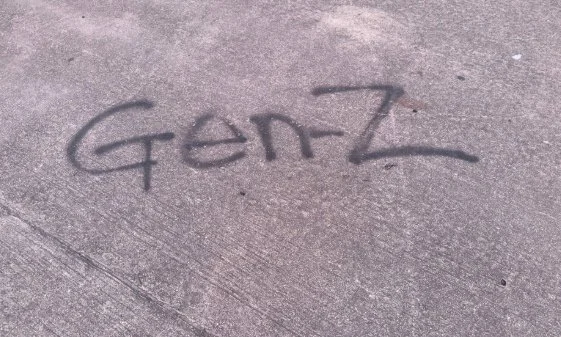
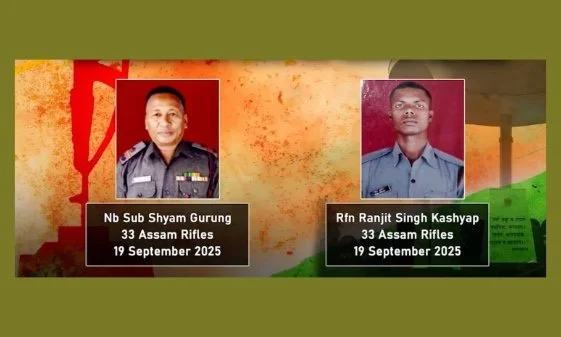
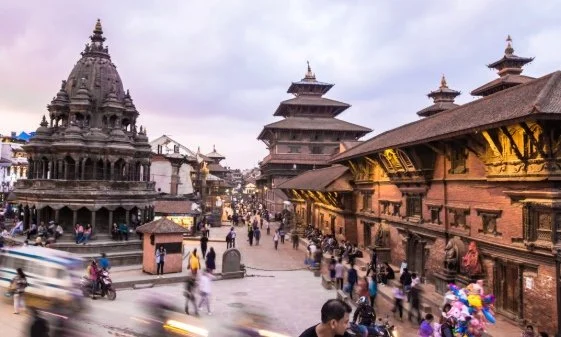
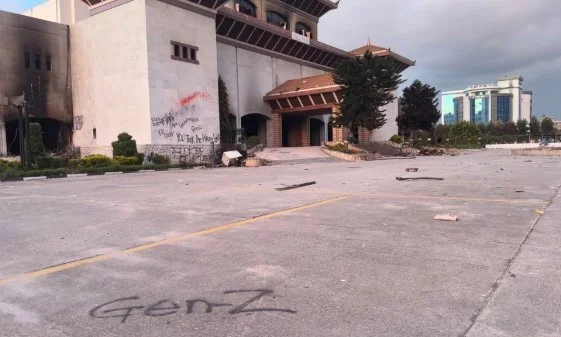
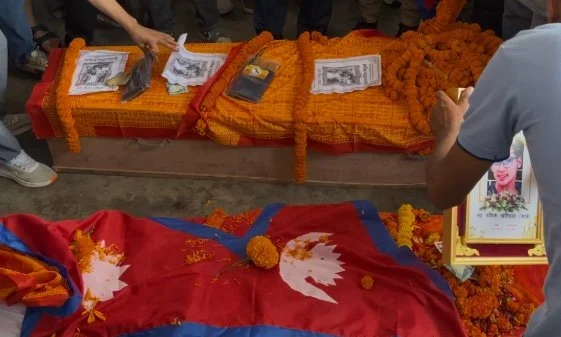
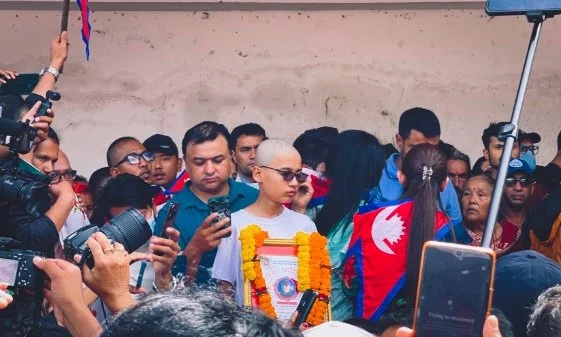

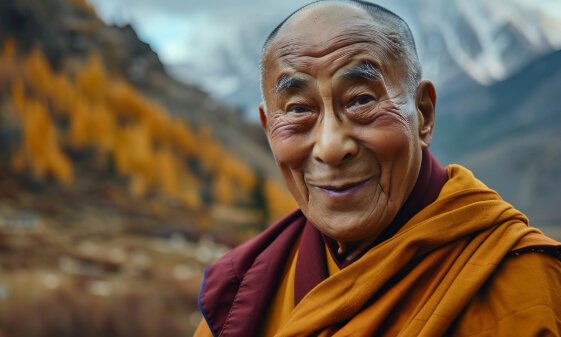







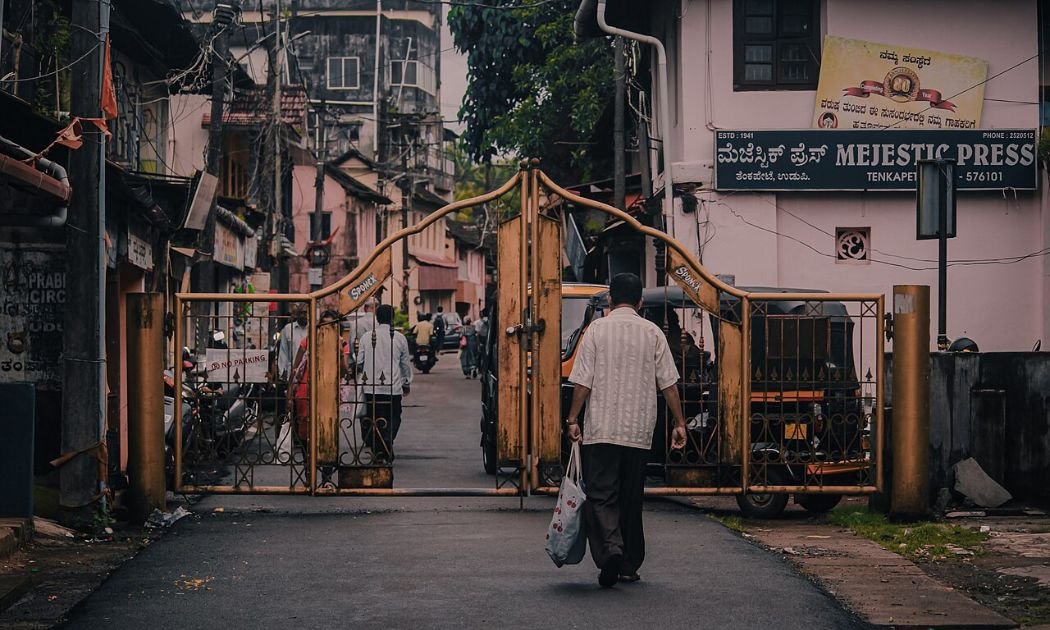
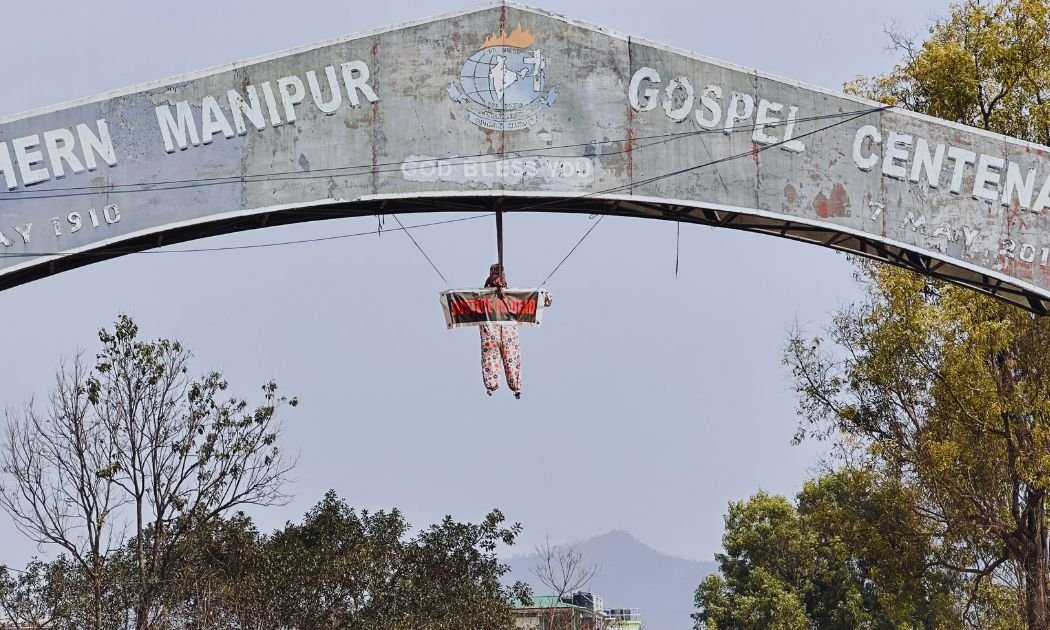
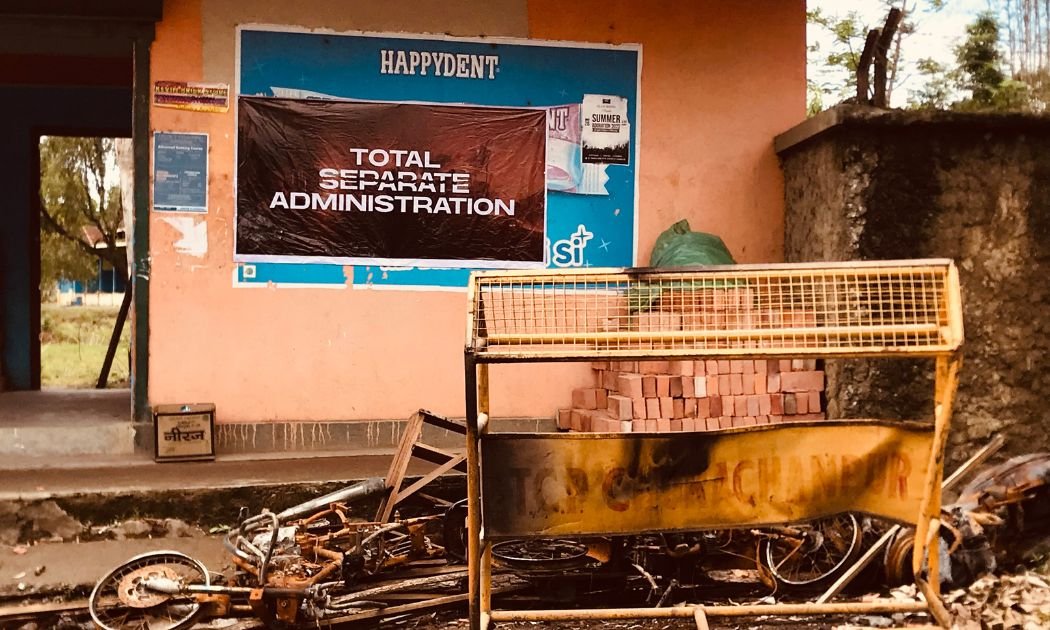
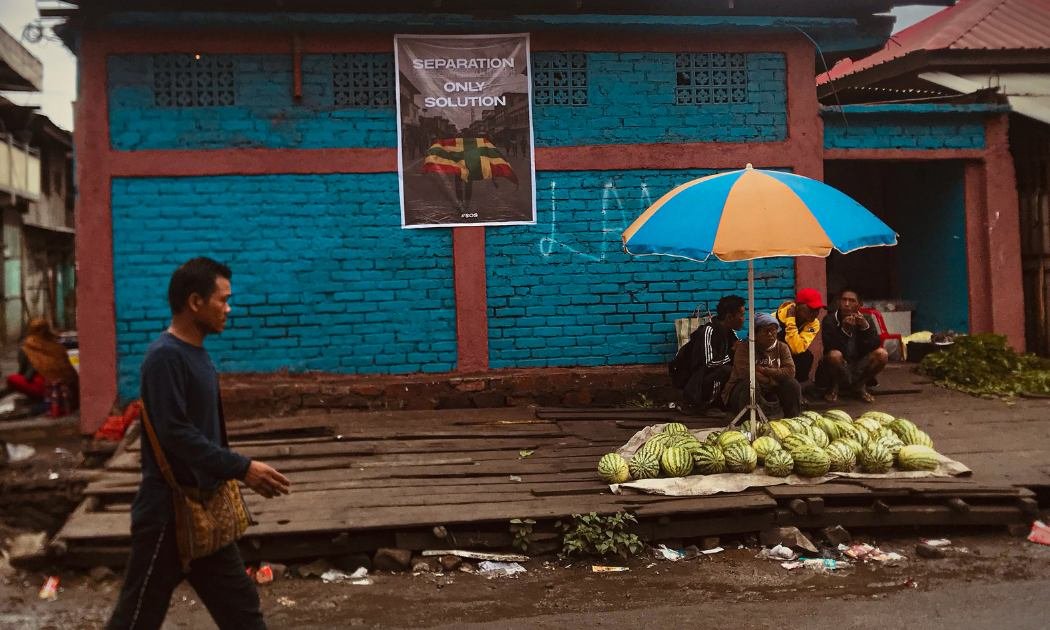
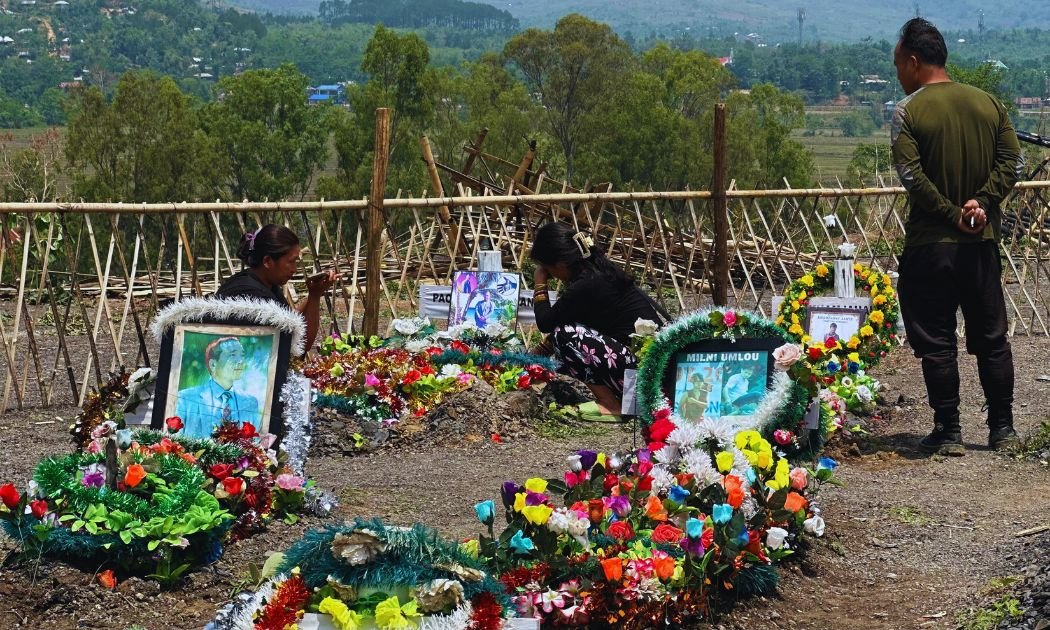
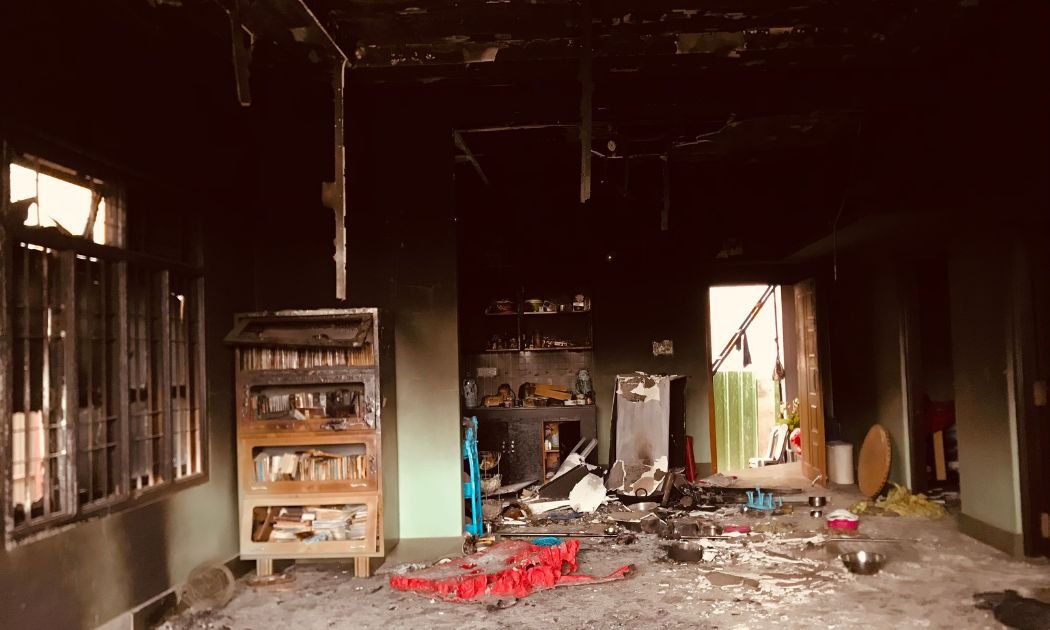
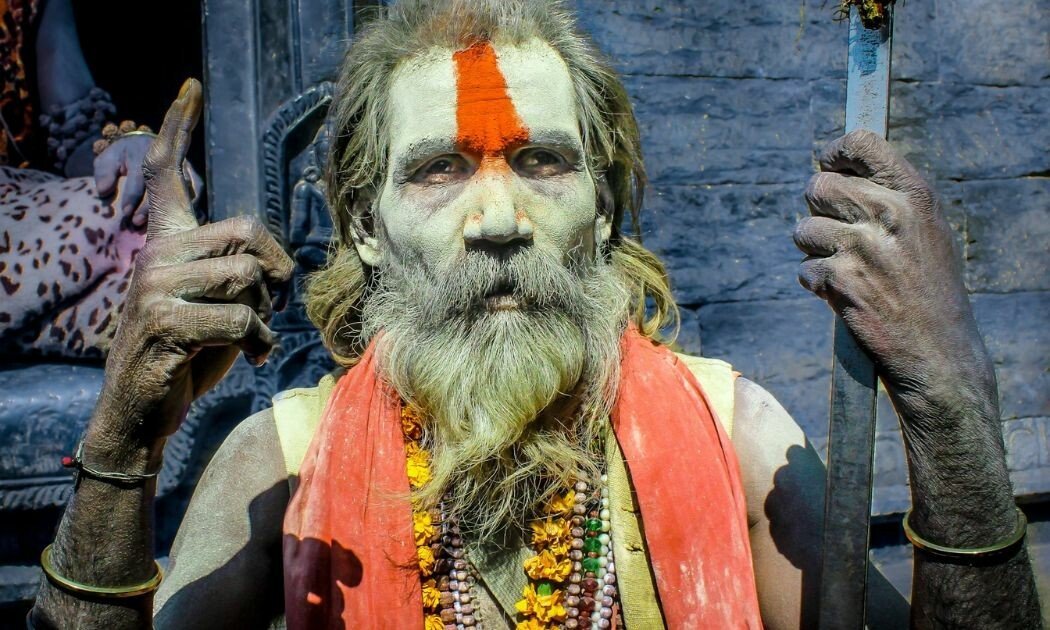
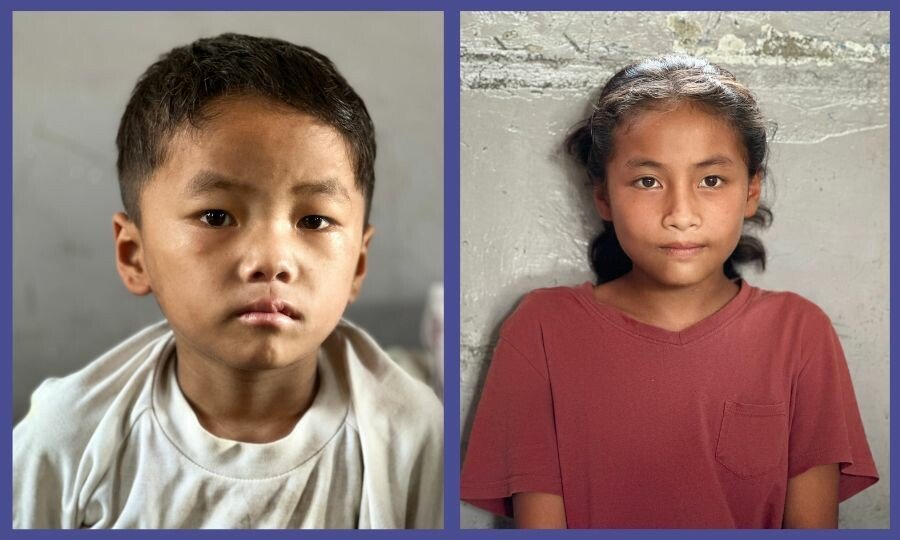
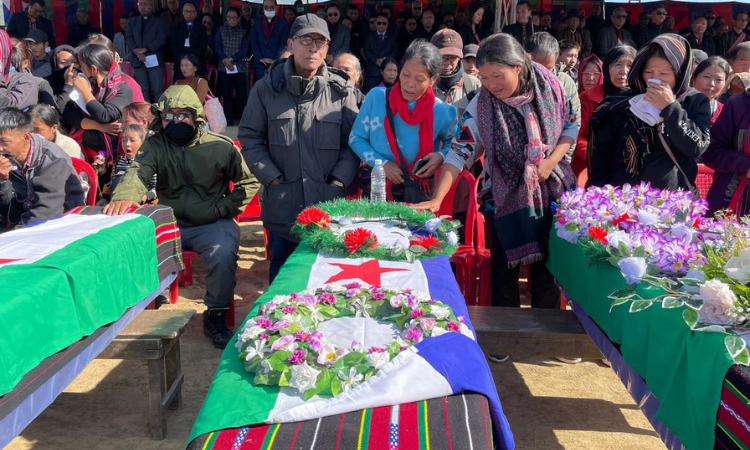
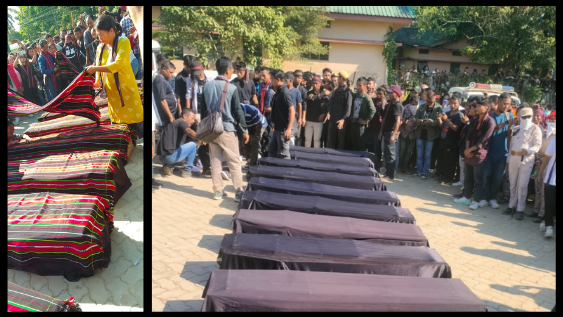
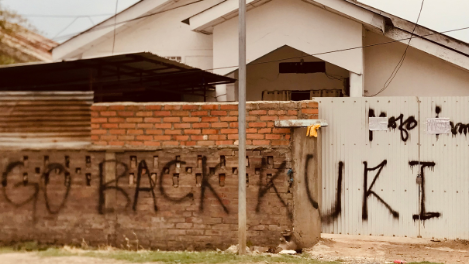
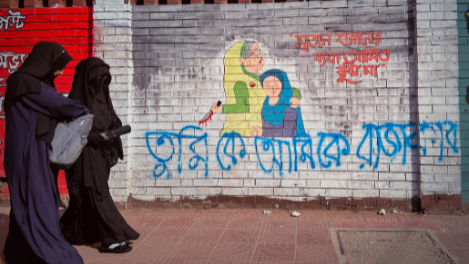
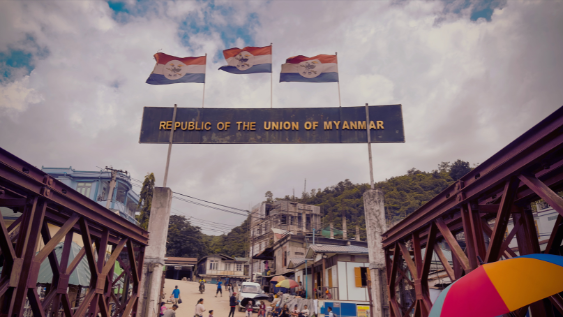

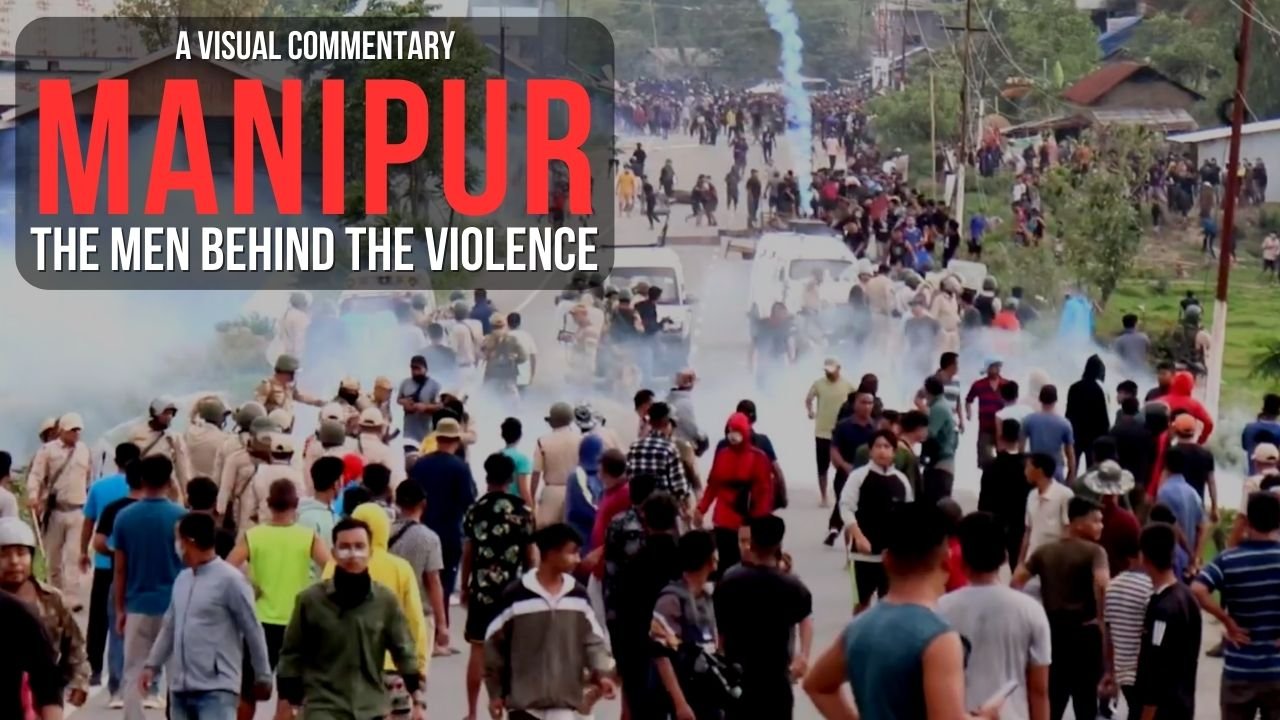
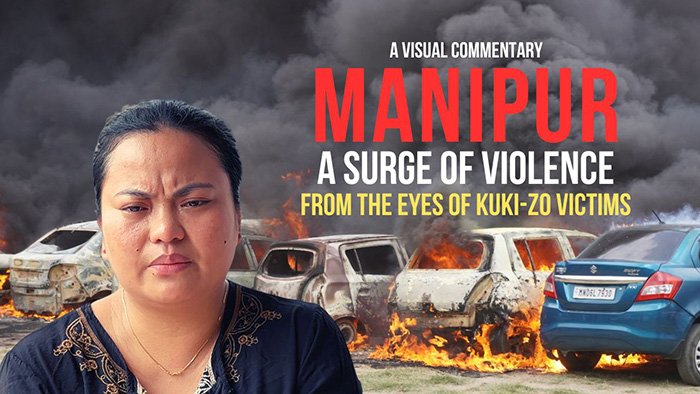
N. Biren Singh, the former Chief Minister of Manipur, has arrived in Delhi with a delegation of Bharatiya Janata Party (BJP) legislators and former ministers to seek the revival of an elected government in the state. His inclusion deserves scrutiny, as the Supreme Court has ordered a forensic examination of audio recordings that allegedly feature his voice making remarks linked by petitioners to the ethnic violence. The visit also comes two weeks after a deadly attack on an Assam Rifles convoy that intelligence agencies suspect was politically motivated.